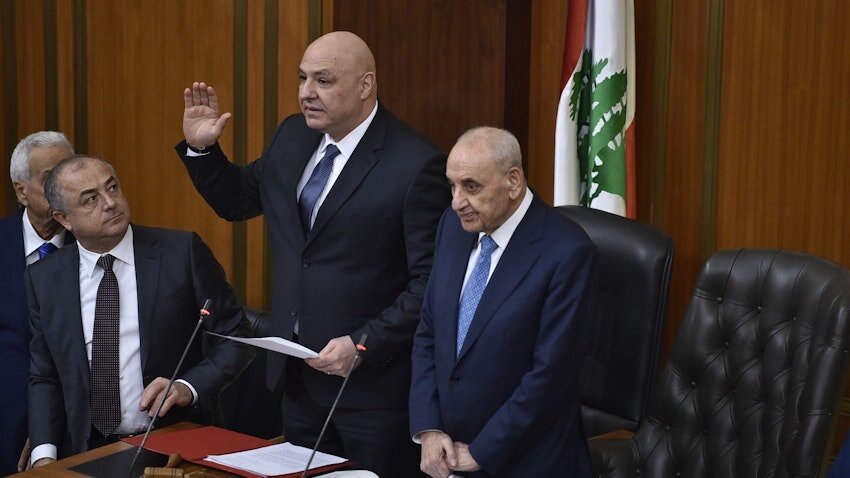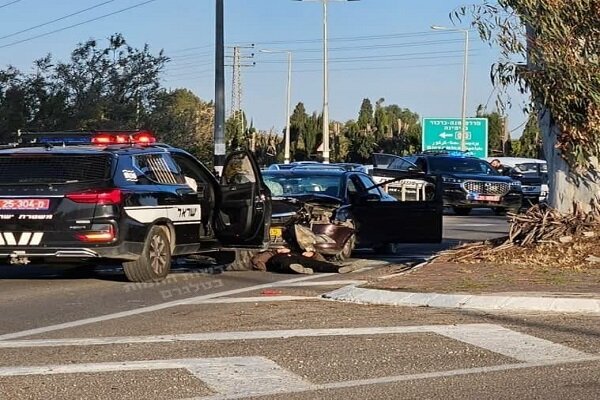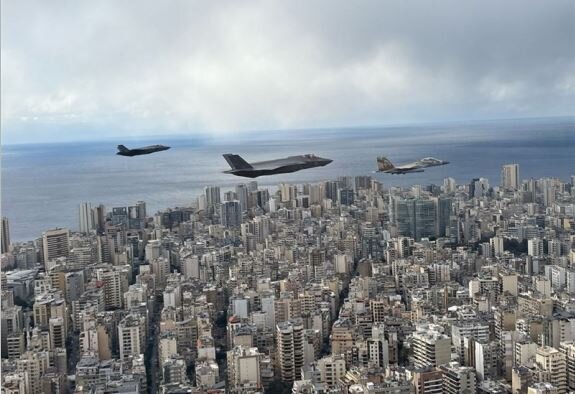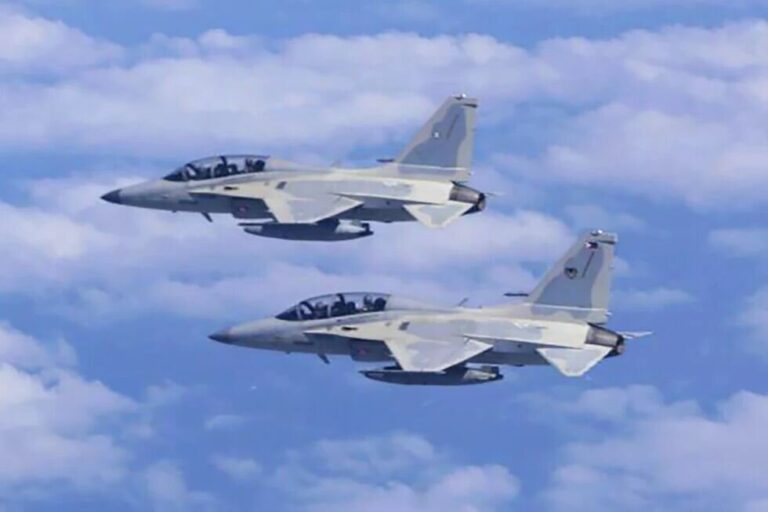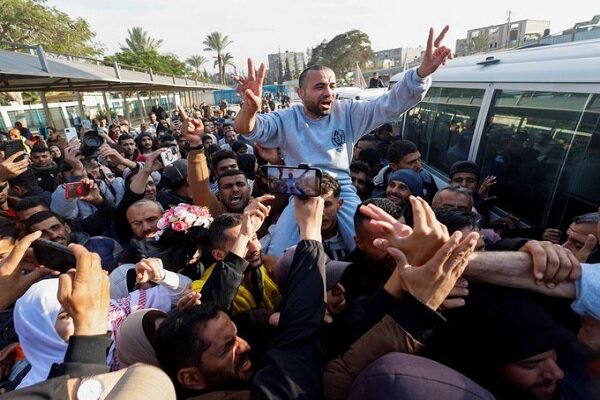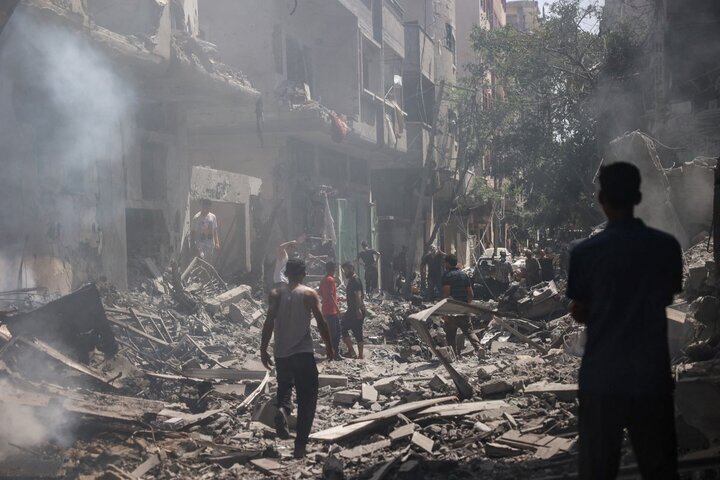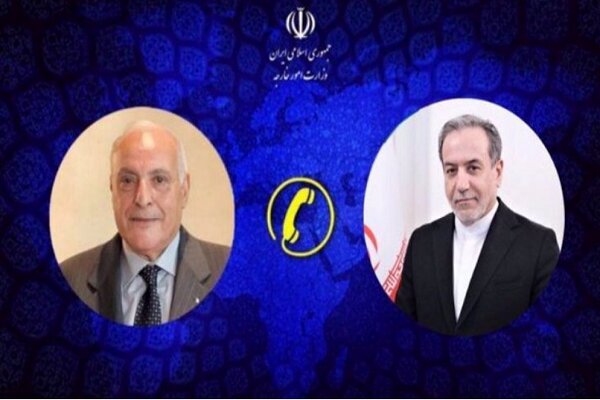Unlocking Peace: Lebanon’s Strategic Role in the Muscat Negotiations
As U.S. pressure on Hezbollah intensifies, both Lebanese citizens and those in West Asia are keenly observing the evolving U.S.-Iran negotiations. This development is pivotal in shaping the geopolitical landscape in the region, and many anticipate significant repercussions for Lebanon and its surrounding areas.
Ariel Kahana, a diplomatic analyst with Israel Hayom, highlighted that political sources indicated Israel was unaware of the recent agreement between former President Trump and Iranian officials regarding negotiations. According to a source in the Israeli delegation, “the shock was evident.” This unexpected turn of events has left many questioning the implications for regional stability.
Avi Ashkenazi, a military affairs correspondent for Maariv, also commented on this situation, stating that Trump’s decision to inform Israeli Prime Minister Netanyahu about his intention to negotiate with Iran was a “real bombshell.” This revelation is particularly startling in light of the prevailing belief that the U.S. was poised to initiate military action against Iran.
Several observers have expressed concerns that the U.S. demands from Iran could lead to a reduction in Tehran’s support for the Axis of Resistance movements, which play a crucial role in the region. The potential fallout from these negotiations could be significant:
- Increase in Oil Prices: Analysts warn that negative outcomes from the negotiations could drive oil prices up to nearly $100 per barrel.
- Impact on Lebanon’s Reconstruction: Some experts hope that a thaw in U.S.-Iran relations might facilitate de-escalation and allow for the lifting of restrictions on Lebanon’s reconstruction efforts.
In an interview, Lebanese Parliament Speaker Nabih Berri referred to the ongoing negotiations as “fateful,” underscoring their potential impact on Lebanon’s future.
Simultaneously, the Saudi channel Al Arabiya has escalated its rhetoric against Lebanon, coinciding with unfounded allegations from Avichay Adraee, the Israeli army spokesperson, regarding weapons smuggling to Hezbollah via the Beirut port. This move is widely interpreted as a precursor to implementing security restrictions akin to those currently enforced at Beirut’s airport, or possibly even inciting further aggression against Lebanon.
In response to directives from the U.S. embassy in Beirut, the government led by Nawaf Salam hastily declared, “We will operate at the port with the same force we used at the airport… We must work to determine the legality of the port and its board of directors, and to review, amend, and implement the laws.”
This blatant intervention appears to align with the ongoing U.S.-led Israeli aggression, which seeks not only to disarm the resistance movements but also to place Lebanon’s critical infrastructure under U.S. control.
During her recent visit to Beirut, U.S. Deputy Special Envoy to West Asia, Morgan Ortagus, scrutinized the port’s operations and requested that individuals associated with Hezbollah be excluded from key positions, particularly within customs. On Al Arabiya, while in Abu Dhabi, Ortagus described Hezbollah as “a cancer that Lebanon must get rid of,” calling for the Lebanese government to implement specific measures at the Beirut port.
Interestingly, Ortagus appeared to moderate her rhetoric during her visit to Beirut, likely to avoid alienating her anti-Hezbollah allies. This shift in tone highlights the complex dynamics at play in the region.
In conclusion, as the situation unfolds, the implications of U.S.-Iran negotiations and the response from Lebanon and its allies will be critical in determining the future stability of the region. The unfolding events will not only impact diplomatic relations but also have far-reaching effects on the socio-economic landscape of Lebanon and West Asia as a whole.
